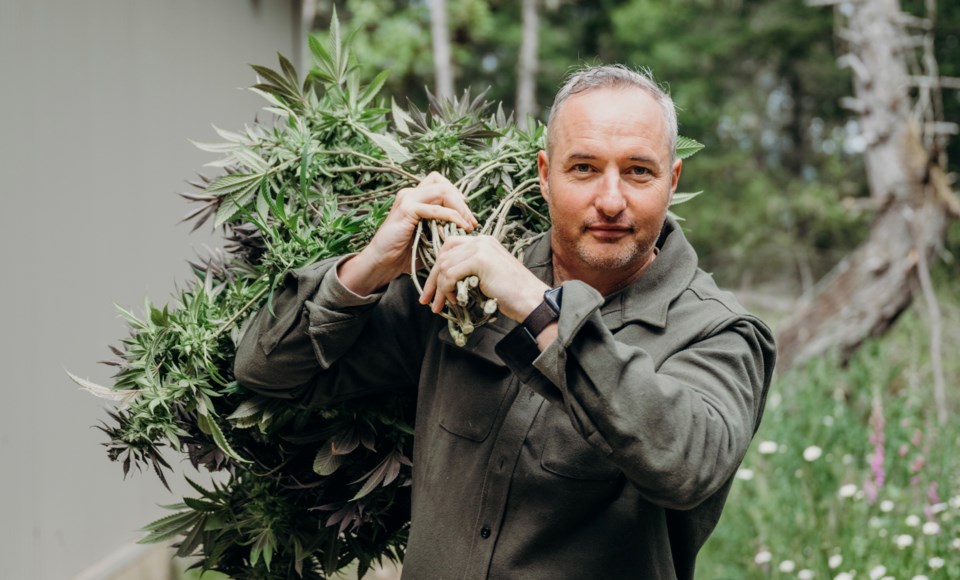Some small cannabis producers in B.C. are able to deliver products to legal cannabis stores in the province, thanks to the latest policy shift from the B.C. government.
Those producers had planned to start getting approved and having products approved for direct delivery to stores starting Aug. 15.
The British Columbia General Employees Union (BCGEU) then started picketing British Columbia Liquor Distribution Branch (BCLDB) warehouses in Richmond, Delta, Kamloops and Victoria, and the government reversed its decision to go ahead with the program.
The strike also halted BCGEU workers from delivering all other legal cannabis products to the province's 441 licensed stores.
Industry insiders estimate that at least 50 legal cannabis stores have closed province-wide, throwing more than 400 employees out of work, and being a boon to the black market. Legal cannabis sales in B.C. had jumped 24 per cent in the first half of 2022.
Those who run legal cannabis stores in the province have been calling for government to either make cannabis distribution an essential service or to allow producers to sell direct to retailers.
Retailers estimate that about 40 craft-cannabis products, or store-keeping units (SKUs), are now available to order, but that supplies are limited.
"We've been looking to see if we can get any but a lot of them seem to be spoken for already," City Cannabis CEO Krystian Wetulani told BIV today.
He has closed three of his four stores, with all remaining product shifted to one store on Cambie Street.
Muse cannabis principal Mike McKee said the small amount of craft-cannabis product that can flow is similar to the amount of water able to move through a garden hose to put out a forest fire.
"There just isn't enough craft supply to meet the demand in the market," he told BIV today.
McKee has so far kept open his five cannabis stores, including three in Vancouver.
Salt Spring Island-based Magi Cannabis principal Josh Beckett told BIV that the B.C. government approved his company as a craft cannabis supplier earlier this month. The next stage for him was to get the government to approve specific products that he could sell and direct-deliver. Those approvals came this morning, he said this afternoon.
After Beckett cultivates cannabis, he sends it to Tricanna to package, and distribute. He expects that products could be available to order as soon as tomorrow.
Magi Cannabis produces about 290 kilograms annually, and he aims to increase that to 350 kilograms per year.
Association of Canadian Cannabis Retailers executive director Jaclynn Pehota told BIV that in order to be eligible for the province's direct-delivery program, craft cultivators must produce 3,000 kilograms or less each year.
She said she knows of about a dozen producers that the government has approved to start supplying products, out of more than 70 producers that are eligible.



